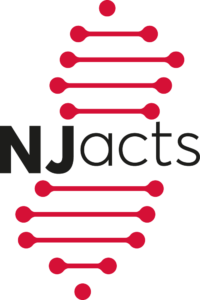 Please read Dr. Graham’s article in bioRxiv titled, “Genetic and environmental interactions contribute to immune variation in rewilded mice.“
Please read Dr. Graham’s article in bioRxiv titled, “Genetic and environmental interactions contribute to immune variation in rewilded mice.“
An individual’s immune phenotype is shaped by some combination of genetic factors and nonheritable influences such as environmental exposure (including infection history and the microbiome). However, the relative and potentially interacting contributions of heritable and nonheritable factors to inter-individual immune variation remain controversial despite the importance of such variation for both medicine and evolutionary biology. For example, variation in immune responses can determine whether an individual will experience severe or asymptomatic infection, and whether severity arises due to failure to control pathogens or excessive collateral tissue damage following defective immune regulation.
Recent studies on the human immune system have aimed at identifying the relative contributions of genetic and environmental factors to variation in immune phenotypes among healthy individuals, as well as during infection or inflammatory conditions. Such studies draw upon analysis of immunological divergence between identical twins or genetic heritability estimation for immune traits through functional genomics. However, the design of these studies often makes the interactive effects of genetics and environment challenging to quantify and generally, has not been the well-examined in most immunological studies. For example, variation not attributable to genetics is generally attributed to environment alone rather than the possibility of Genotype-by-Environment interactions (G*E), which are inferred if effects of environment are differentially amplified in different genotypes, or vice-versa. To read the full article.
Genetic and environmental interactions contribute to immune variation in rewilded mice. Oyesola O, Downie AE, Howard N, Barre RS, Kiwanuka K, Zaldana K, Chen YH, Menezes A, Lee SC, Devlin J, Mondragón-Palomino O, Souza COS, Herrmann C, Koralov SB, Cadwell K, Graham AL, Loke P. Nat Immunol. 2024 Jul;25(7):1270-1282. PMID: 36993484 PMCID: PMC10055251 DOI: 1101/2023.03.17.533121
